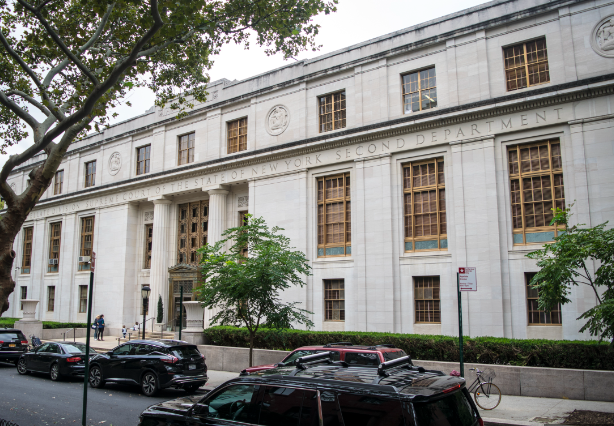Latest decisions from the Appellate Division, Second Department

Legal relief for condo manager in Brighton Tower lawsuit, other allegations stand
The Appellate Division, Second Department, has partially modified a 2019 ruling by the Supreme Court of Kings County in a legal battle involving the Board of Managers of the Brighton Tower II Condominium and Brighton Builder, LLC, along with other defendants. Justice Devin P. Cohen originally presided over the case, which centered on allegations of breach of contract, breach of fiduciary duty, and conversion related to a condominium construction and subsequent issues post-Hurricane Sandy.
The case was brought against Brighton Builder LLC, its manager and controlling principal Leon Mikhlin, and Mikhlin Holdings Inc. after the condominium suffered damages during Hurricane Sandy in 2012, followed by claims of untimely or incomplete repairs and misuse of funds. The Supreme Court’s decision to deny the defendant’s motion to dismiss the claims against Mikhlin for breach of contract was appealed, leading to the recent appellate modification.
The Appellate Division agreed with the defendants that Mikhlin, as a principal who signed the condominium’s offering plan, should not be held personally liable for breaches of contracts that he signed only in his capacity as the sponsor’s authorized signatory. The court ruled that such a role does not inherently subject him to personal liability unless the corporate veil is pierced, which was not sufficiently demonstrated in this case.

Brooklyn Heights
View MoreRead the Brooklyn Height's Press and Cobble Hill News. Find out more about Brooklyn Height's History here.